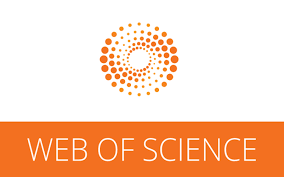Revisiting the Endowment Effect: A Behavioural Economics Perspective
Abstract
This study investigates the presence of the endowment effect, quasi-endowment and status quo bias effect among university students, assessing their implications for the Coase Theorem. Using experimental and hypothetical scenarios administered via online surveys, the study measures asymmetry in willingness-to-accept (WTA) and willingness-to-pay (WTP), resistance to change in pre-assigned choices, and the psychological influence of temporary ownership. Results confirm a significant endowment effect: WTA consistently exceeded WTP for consumer goods like books and concert tickets, particularly among older male participants. Status quo bias was observed in exchange scenarios and budgeting choices, with 84.3% of participants preferring to retain initially assigned goods and many opting to maintain existing spending patterns despite environmental changes. The quasi-endowment effect showed mixed results; extended trials increased WTP for subscription services, while minimal exposure had negligible influence. These findings highlight systematic deviations from classical economic assumptions of rationality and fungibility. The influence of ownership, loss aversion, and reference dependence underscores the need for incorporating behavioral insights into economic models and public policy, particularly in contexts involving consumer valuation, compensation schemes, and market design.














